Q. What is the difference between a reference book and a textbook?
A. While both provide information, reference books are designed for quick and specific lookups, while textbooks offer in-depth explanations and analysis of a subject. A dictionary is a classic example of a reference book, while a college-level history book is a textbook.
Q. How can I find the right reference book for my needs?
A. Start by identifying the specific information you need. Are you looking for facts, statistics, definitions, or in-depth explanations? Once you know your goal, you can search for books with specific titles or consult a librarian for recommendations. Online booksellers often have detailed descriptions and customer reviews to help you choose.
Q. Are there online alternatives to traditional reference books?
A. Yes, there are numerous online resources that serve as digital reference books. Encyclopedias, dictionaries, and atlases are widely available online. However, printed reference books still offer advantages like offline accessibility and a tangible format for some users.
Q. How do I cite information from a reference book?
A. Citation styles vary depending on the format required (MLA, APA, Chicago, etc.). Generally, you'll need the author (if listed), title of the book, publication date, and specific page number where you found the information. Consult a style guide for precise formatting guidelines.
Q. Can I use reference books for research purposes?
A. Absolutely! Reference books are valuable tools for research. They can provide background information, statistics, definitions, and citations for further exploration. However, remember to verify information from multiple sources to ensure accuracy.


















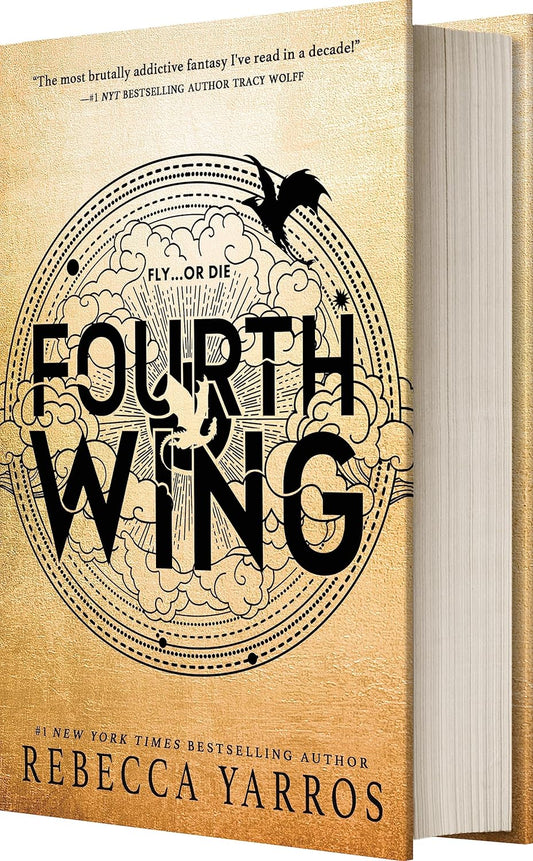
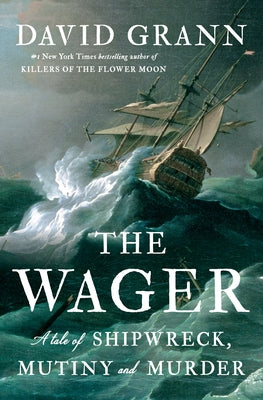
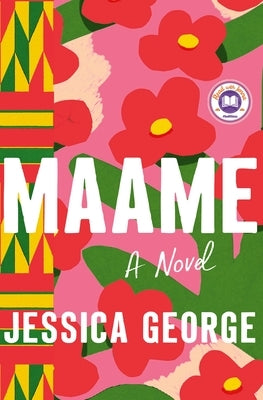
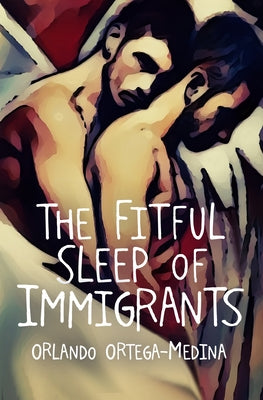
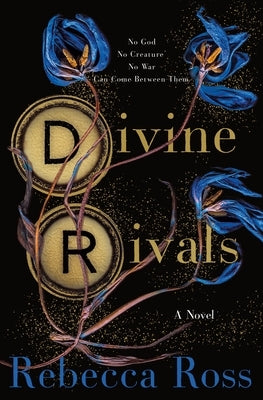

![Effective Phrases for Performance Appraisals: A Guide to Successful Evaluations [With Book(s)] by Neal Jr, James E.](http://booksdeli.com/cdn/shop/products/img_7738522a-a176-4c1c-ba26-d05eb9182f47_533x.jpg?v=1675064458)